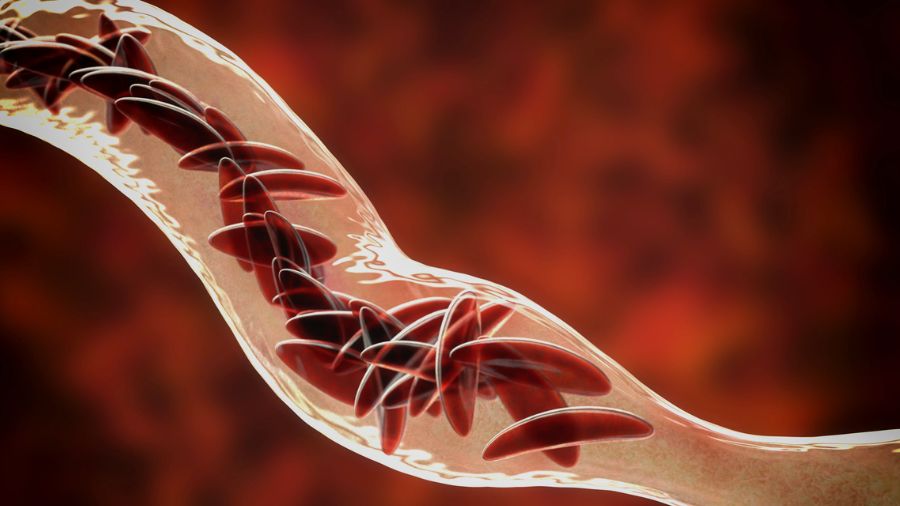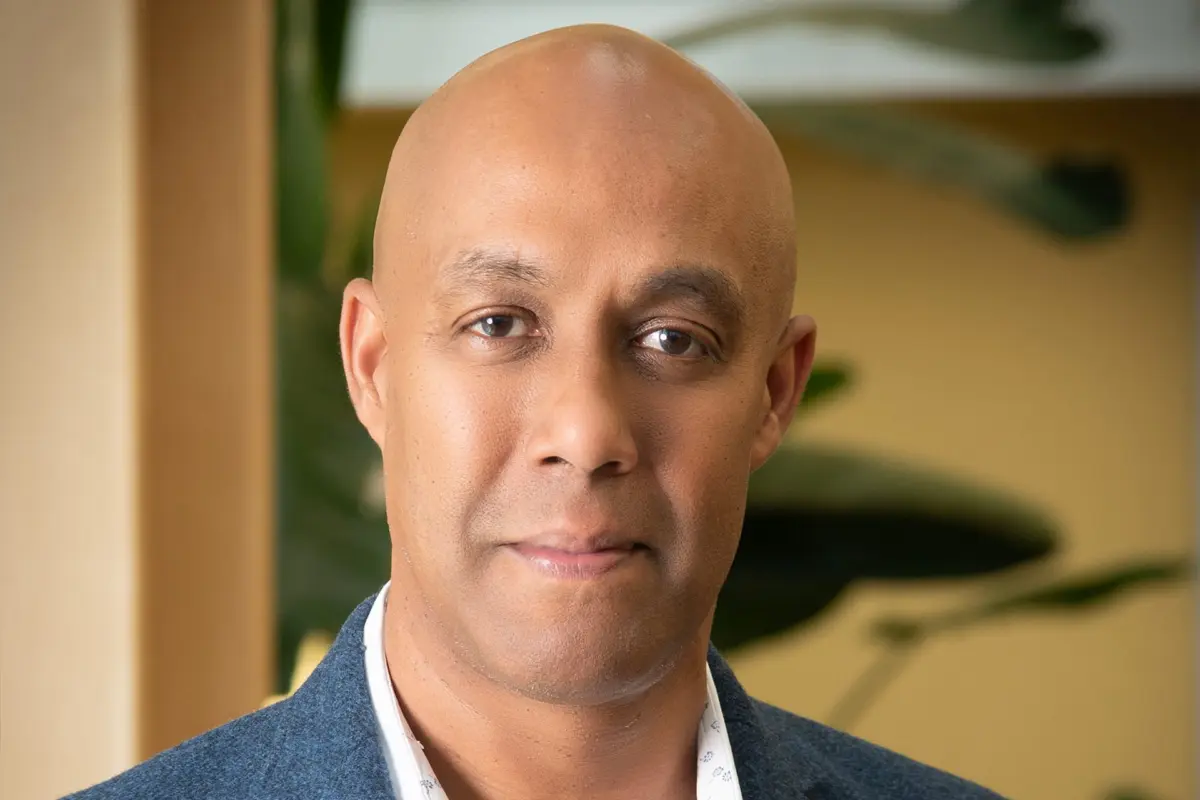This article first appeared in The Star.
The last thing Julie McCoy does right before going into a patient’s room is knock on her face shield to make sure she’s put it on.
The face shield is the final step in the long process of preparing to enter a room in the COVID unit at Toronto Western Hospital, where Julie works as a nurse. But while those necessary layers of protection — gowns, masks, shields — are designed to protect her, putting them on slows her down and makes it hard to connect with patients in the way she used to.
“We have this heart-forward profession,” says Julie. “You can take empathy and kindness, and step into someone’s room and help them navigate stress and fear.” But with strict COVID-19 safety protocols in place at hospitals across the country, that type of empathic care is harder to provide.
“You have to cluster your care,” says Julie, explaining that nurses can no longer just walk into a room to see how a patient is doing because they have to put on so much protective gear first. “We have these routines and they are slow. So you have to leave patients alone for longer periods than you would have before.”
To make matters worse, patients aren’t able to have family members with them, so their loneliness, isolation and fear are acute. Julie calls it the “layers of disconnection.”
“That part is really difficult as a nurse, to not be able to just pop into a room all the time,” she says. “It’s emotionally very hard for them, and for me.”
On top of the stress from work, many frontline workers have the added worry of exposing their family to COVID-19 at home. For some, they’ve made the difficult decision to live apart from loved ones to mitigate risk. Julie’s husband is living away from home because of the risk of contracting the disease if brought home from hospital.
“My husband has a lung condition that puts him on medication that lowers his immune system,” Julie says. “We have the luxury of having a place to send him, but it’s taken quite a toll on us.” She hasn’t seen her daughter in more than a year.
“I’m a very adaptable person, but things fluctuate so much in the COVID world,” she says. “There’s a lot of stress involved, including the perpetual change, and not knowing what’s coming. Our co-workers are still getting sick and getting COVID. We have had one of our nurses admitted for COVID and she said you have no idea what it’s like in a quiet room when you’re sick and you can’t be with anyone. It’s a terrible experience.”
There’s also the societal fatigue of talking or hearing about COVID, but while many of us can tune out the news when it becomes overwhelming, frontline workers can’t. “We don’t get to take a respite, it’s continual,” Julie says. “I work with a great bunch of people and there’s a lot of unpacking together.”
Julie says recognition from the public is a definite morale booster. “I remember the first wave. There was banging of pots every night, there were free lunches and restaurants donating food, free parking, and all of these things. They showed that there was a value and understanding to what we were going through.”
But what Julie hopes for, more than anything, is for the public, in general, to practice empathy for the sick, and demonstrate respect toward the health directives that are designed to curb the spread of the disease and keep people out of beds on the COVID unit.
Ultimately, we all need to remember that each of these patients is a human being, she says, and not just a number.
“I think for me I will always carry the stories of the people who had to die alone. It’s devastating for patients to not be surrounded by the people they love at the end of their lives,” she says. “It is an emotional experience.”


